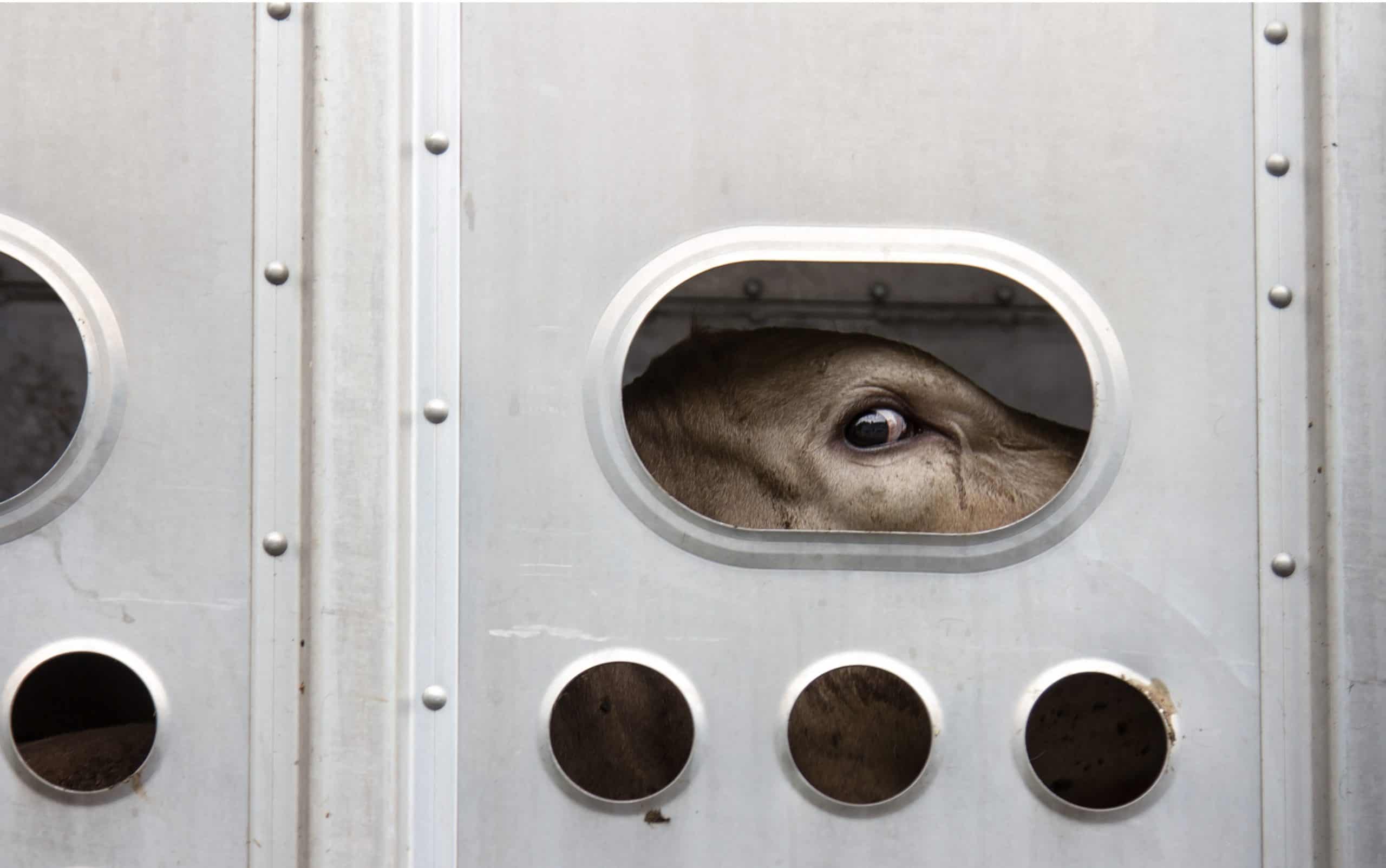Published on May 28, 2024
British Animal Welfare took several steps forward on 20 May. Subsequently, a bill was passed prohibiting the export and long-term smuggling of cattle, horses, sheep, and pigs.
– The EU should definitely follow suit, says expert Anna Lundvall of Djurskitedt Sweden.
It is difficult to get exact figures on how many animals are affected by the new British law, but Dairy Global newspaper writes that it is estimated that 2.5 million live animals are exported from the UK annually.
The ban applies to exports of live animals from England, Scotland and Wales. Thanks to this law, the UK joins Australia, New Zealand and Brazil which have already banned the export of live animals.
Transport puts a lot of stress on animals, which often become stressed, injured and die during these demanding journeys. The UK's environment minister, Steve Barclay, is proud to have the highest animal welfare regulations in the world, he told Dairy Global.
– He told the newspaper that our new law will use the freedoms that have arisen after Brexit to deliver on one of our manifesto pledges and strengthen the rules by preventing unnecessary stress and harm to animals and the export of animals for slaughter and breeding. Chris Sherwood of animal welfare organization the RSPCA is delighted to finally see an export ban after more than 50 years of fighting.
– This means British animals will not be sent on arduous journeys overseas to be further reared and slaughtered in cramped and poor conditions with little or no access to food or water.
Anna Lundvall of Djurskyddet Sweden also welcomes the ban.
– The EU must follow suit and ban the export of live animals for slaughter and breeding. Transporting animals is stressful, says Anna Lundvall, who commented on behalf of Djurskyddet Sweden about the European Commission's proposal for new rules for animal transport in the EU.
– We point out that it has been shown that European citizens want to stop the export of live animals. The current plan has strict rules regarding the restriction of transit to third countries, but it also states that transit time by sea should not be included in the total transit time, which is absolutely reprehensible.
The UK export ban does not apply to poultry and the law still allows the export of racehorses.
Text Katharina Harlin
Photograph iStock
Australia bans sheep exports by sea
At the same time comes the announcement that Australia will phase out all sheep exports, including sheep at sea, by May 1, 2028.
“By legislating the date we are giving sheep producers and supply chain predictability,” Agriculture Minister Murray Watt said in a statement to Reuters news agency.
However, there is a lot of criticism from goat owners that this will affect rural areas and lead to high unemployment. However, they receive huge amounts of liquidation grants from the state over five years. For sheep, the well-documented long, hot and painful sea transport is being phased out.

“Passionate beer ninja. Extreme problem solver. Thinker. Professional web fan. Avid communicator. Hardcore troublemaker.”







More Stories
Mockingly mocking in the UK is illegal
Harvesting early and small peas in Britain
Saab is supplying the British Army with a new generation of Arthur radar